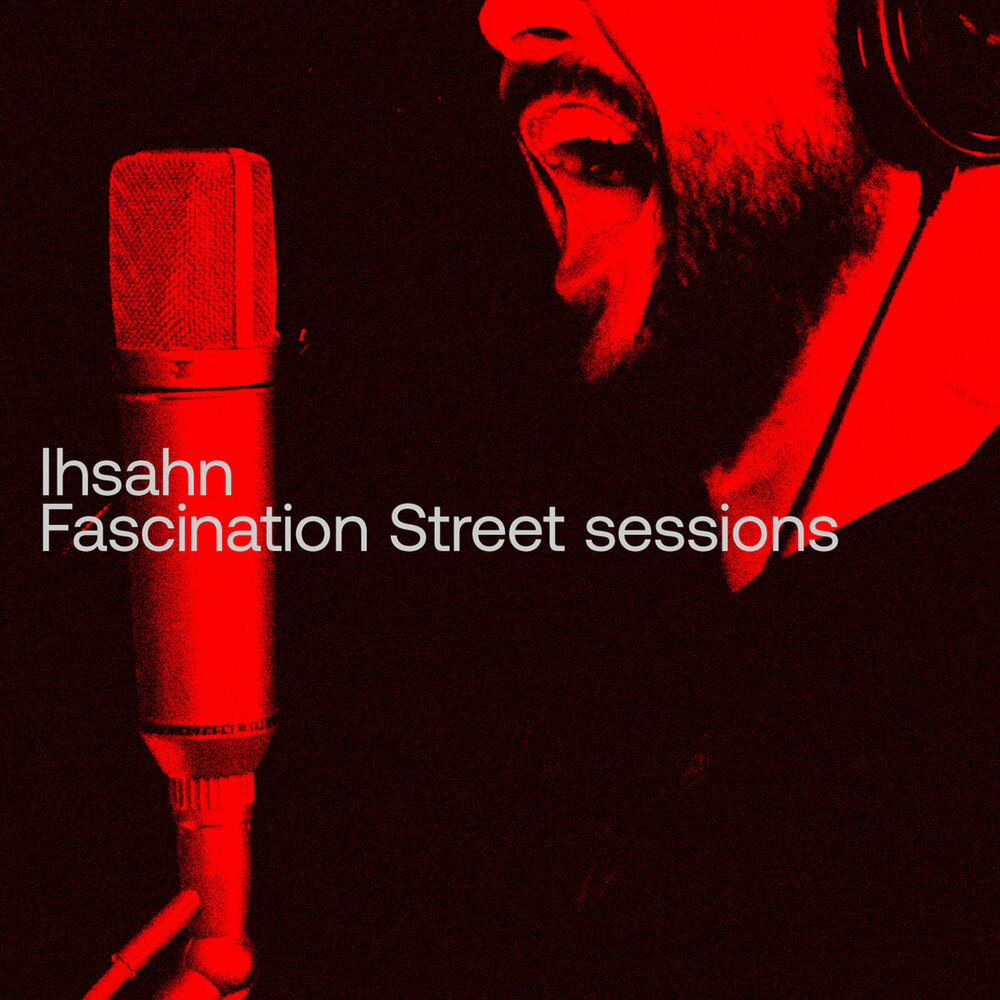 |
Country: USA
Style: Hard Rock
Rating: 7/10
Release Date: 21 Apr 2023
Sites: Facebook | Official Website | Wikipedia
I often say that everything driving Apocalypse Later is discovery. I love finding new bands to share with the world, which otherwise might not be able to find them, especially the way radio is here in the States. However, the last few years have highlighted to me that there are old bands long gone who are suddenly back and they count as discovery in two ways. For old fans like me, it's discovery of their return, a decade, two or even four since they last went into the studio. For new fans, who weren't around in their respective heydays, it's discovery ofwhy they were important and may still be important.
Angel are one of these, because they were a fantastic band in the seventies who had been unfairly relegated to a handful of footnotes in the history of rock 'n' roll: they had an ambigrammatic logo, meaning that it looks the same upside down as right way up; they were discovered by Kiss's Gene Simmons in a nightclub; and they deliberately wore all white at a time when rock bands, like Kiss, tended to dress entirely in black. The fact that they knocked out five albums, including a couple of classics, doesn't tend to be mentioned at all.
This is their second album back, which makes me happy because they'd got into a sort of cycle of a reformation and new album every twenty years. The last one was Risen in 2019 and it was solid, if too long. It was an impeccable classic at twenty minutes and would have been a peach at fifty, but settled for being decent at seventy-five. Maybe they realised that in hindsight because this runs a more manageable fifty-three and it's much better for not sprawling too far. It may not quite reach the pinnacles of that album but it's much more consistent throughout.
The heart of the band is Frank DiMino on lead vocals and Punky Meadows on guitar, both founder members. The others joined in 2018, so all played on Risen, and are still in place for this follow-up, because original bassist Mikie Jones passed in 2009, Barry Brandt presumably chose not to return for a third reunion after showing up for the previous two, and Gregg Giuffria probably has plenty of things to do with his time already, given that, beyond rock music in Angel, Giuffria and House of Lords, he became a businessman, running development companies, casinos and hotels.
The Torch and Black Moon Rising are a pair of excellent openers and, if you'd never heard of Angel in your life, you would absolutely assume from the former that DiMino sang in the seventies. They simply don't make those effortless hard rock voices any more and he doesn't seem to have lost his power. It boggles my mind that he ended up for a while singing in Las Vegas seventies rock tribute bands. I mean, his voice is absolutely perfect for that, but he deserves new material too and these are perfect for that. So's It's Alright, which is a smooth song to follow the funky Black Moon Rising and the rocking The Torch.
While The Torch may be the best song here, there are a few songs happy to challenge it. I found a few of them on the second side, songs like Turn the Record Over, rather ironically, and Rock Star, a song that loses out by featuring a riff more than a little reminiscent of Layla, but otherwise plays very well indeed. Following them, Without You isn't the ballad its title might suggest and it might be better than either of them, because, like It's Alright and others, it features some particularly energetic guitarwork from Meadows. He hasn't lost his magic either.
The most memorable song and another candidate for best is the title track, because it stands out immediately and consistently. It's a storytelling song that's not easily ignored and, more crucially, it works. It has a more elongated title than the album: Once Upon a Time an Angel and a Devil Fell in Love (And It Did Not End Well), a wonderfully catchy line that's only awkward as a song title. It's seamless in the song and the story, though I have no idea if it's truly based on the YA novel by Laini Taylor, Daughter of Smoke & Bone, or simply inspired by that line, which went viral. I'm guessing that the moaning of an angel in the second half isn't in a YA paranormal romance.
Also worth mentioning but for a different reason are the surprising pairing halfway through the album of Let It Rain and Psyclone. Let It Rain is the decent ballad of the two here, with the other, Blood of My Blood, Bone of My Bone, the only song I don't like here. Let It Rain plays pretty well as melodic rock but it's followed by the heaviest song anywhere on the album, which is not so much a heavy metal song as thinking seriously about it. It's easy to see that Y&T, who were formed rather surprisingly before Angel, saw them as a big influence, because this sounds like Y&T in their early-eighties heyday, right after Angel split up. DiMino and Dave Meniketti are even closer here than they usually are.
So, Angel are back and I'm happy. I can deal with a four year album release schedule. Bring on the next one! Call this a 7.5/10, though I'm still thinking about an 8. It's better than Risen but it doesn't soar as high.








